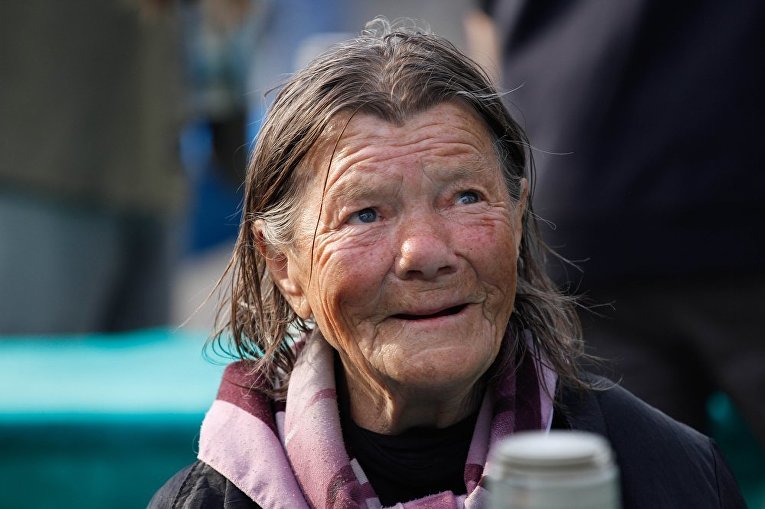MOSCOW, July 9 (RAPSI) — The Russian Ministries of Labor and of Internal Affairs are to develop criteria by which Russians will be classified as persons of no fixed abode, as well as the procedure for maintaining a register of such persons.
These instructions were given by Deputy Prime Minister Tatyana Golikova following the meeting of the Council on Guardianship at the Russian Government.
Earlier, coordinator of the Liza Alert unit, development director of the Center for Searching for Missing People Oleg Leonov, who together with the All-Russia People’s Front is developing joint project "Search", has made a similar proposal to integrate the NGOs-run databases of the homeless.
The creation of a register of homeless people is to make it easier to identify individuals entered in the database of unidentified patients, among whom there are often people living on the street. Moreover, it is needed to develop measures allowing to ensure the order of access to such databases for the needs of relevant NGOs, Leonov said.
The Liza Alert coordinator also reminded that the ministries were to clarify the concept of "citizen without a fixed abode" and consider the need for additional measures to prevent homelessness.
All the instructions given by Tatyana Golikova had been preliminary worked out with relevant NGOs that help homeless people. It was for such a dialogue with the state that a working group was created at the People’s Front platform, uniting more than 30 specialized organizations. The problems of the homeless require an integrated approach and reliable interagency cooperation. It is to be reminded that this is exactly how the President set the task following a meeting with public figures in December 2019, Dmitry Polikanov, an expert of the All-Russia People's Front and the Council on Guardianship at the Government said.
The People’s Front working group on the protection of the rights of homeless people was created in October 2020. Its main tasks are to coordinate the activities of public organizations that help people without a fixed abode, to generalize regional experience in identifying such persons, as well as to provide them with medical services and social support.



